All Categories

Despite living in a world that’s more connected than ever, many of us still grapple with a profound sense of loneliness. The pandemic may be over, but the lingering isolation and disconnection are palpable. Whether it’s the loss of social structures, remote work, or personal struggles, the prevalence of loneliness is on the rise. According to US Surgeon General Vivek H. Murthy, MD, MBA, loneliness and social isolation have escalated to the level of a public health crisis, on par with smoking or obesity. He cautions that these outcomes of social determinants of health pose significant risks to both mental and physical well-being, potentially shortening life expectancy (Murthy, 2023). According to a May 2023 press release from the U.S. Department of Health and Human Services, loneliness significantly increases the risk of heart disease by 29%, stroke by 32%, and dementia by 50% among older adults (U.S. Department of Health and Human Services, 2023).
Moreover, the statistics are alarming, with loneliness increasing the likelihood of premature death by over 60% (US Department of Health and Human Services, 2023). These figures underscore the pressing need to tackle this silent epidemic. The mental health impacts of loneliness highlight the importance of addressing this challenge. Adults who frequently experience loneliness are more than twice as likely to develop depression compared to those who do not. For children, early experiences of loneliness and isolation can contribute to immediate challenges such as depression and anxiety, and may also extend these risks into later life (US Department of Health and Human Services, 2023). With over one-fifth of adults and one-third of young adults in the US living with a mental health diagnosis, integrating strategies that foster connection and belonging is essential to strengthening our broader mental health response.
Yet, amidst this growing crisis, a beacon of hope shines brightly—fitness. More than just a means to maintain physical health, fitness presents a potent solution to combat loneliness. It does so by nurturing human connections and aiding individuals in rediscovering a sense of belonging.
Fitness naturally cultivates community. Whether through an exercise class, a gym buddy, or an online fitness group, fitness activities provide structured opportunities for connection and camaraderie. These environments bring people together with a shared purpose: often centered around enhancing their well-being—whether physically, mentally, emotionally, socially, or simply seeking connection and community.
Alicia Wilder, Artistic Director of Metamorphosis: the TEN31 Dance Company, experienced this firsthand. Before the pandemic, her studio had just established a community among its members. But when COVID-19 hit and forced physical distancing, Alicia quickly realized how essential human connection was to her dancers and fitness enthusiasts. “We were in desperate need of our community and connection,” Alicia said, reflecting on how her dance and fitness classes transformed into a critical space for people to feel connected.
Like Alicia, Allie Zeena Gersbeck, a Providence Fit Body Boot Camp member turned coach, struggled with isolation when the world shut down in 2020. “I thrive on human connection, and the lack of socialization during the pandemic had a profound negative impact on me,” she recalls. “I couldn’t bring myself to exercise or even maintain any self-care routine.” Fitness was more than just a way for Allie to get back into shape—it was her path to rediscovering community.
The experiences of both women echo findings from the research: group exercise participants experience a 26% reduction in social isolation compared to those who exercise alone (Holt-Lunstad, 2018). The bonds that Alicia’s and Allie’s fitness communities fostered were crucial to their physical, mental, and emotional well-being. Fitness isn’t just about exercise—it’s about connecting with others through a shared experience and finding a place to belong.
For Alicia, fitness became more than just movement—it became a lifeline. “Our studio quickly pivoted to offering virtual dance and fitness classes,” she explains. These classes turned into a lifeline for both Alicia and her community members. People of all ages and experience levels could come together virtually to move their bodies and feel like they still had a space to call home.
Similarly, Allie’s first boot camp session at Providence Fit Body Boot Camp marked a turning point for her. The air was thick with uncertainty as she walked into the gym for the first time after months of isolation. But the warmth of the community cut through her fears. “Being part of a fitness community finally gave me the support I needed to start caring for myself again, mentally and physically,” she shares.
Allie and Alicia found their fitness communities more than just workout spaces. They became places to reconnect with others and rediscover their strength. In Alicia’s virtual classes, members shared their struggles and celebrated their progress, creating bonds beyond the workout. For Allie, those bonds grew so strong that she eventually became a coach, helping others experience the same support and belonging she had found.
Fitness enhances physical strength and mental health. Physical activity has been proven to alleviate symptoms of depression and anxiety, both of which are often exacerbated by feelings of isolation (Blumenthal et al., 2007). Regular exercise can boost self-esteem, improve sleep, and reduce stress, all contributing to better mental health. Both Alicia and Allie experienced these mental health benefits firsthand.
For Alicia, staying active and engaging her community during lockdown was critical for her mental well-being and members. “People needed a place to move, and in doing so, they found a place to reconnect with themselves and others,” she recalls. Her fitness classes became a form of therapy, helping her and her participants regain a sense of purpose and emotional stability.
Likewise, for Allie, fitness helped her rediscover balance in her life. Her mood and motivation improved as she became more active and engaged in her fitness community. Regular exercise provided her with a routine and a sense of accomplishment that helped her push through the emotional challenges of isolation.
As individuals grow stronger physically, they often find themselves more open to seeking social connections. Alicia saw this in her classes, where members bonded over shared experiences, making fitness more than just a workout—it became a lifeline to emotional well-being.
The fitness community offers a unique space where people can connect, support one another, and work toward common goals. Both Alicia and Allie discovered that these communities became hubs for more than just physical health. They were places to build relationships, to be seen, and to belong.
For Alicia, her studio became a second home for her members, many of whom felt lost during the isolation of the pandemic. “People come back to the studio because they feel connected,” Alicia says. Whether virtual or in person, these fitness and dance sessions created safe spaces for people to share their struggles, lean on each other for support, and celebrate their progress. “There is something so special about sharing space and joy that vibrates through a dance and fitness space. When you can be in a moment to push yourself to your limits around people you feel safe with, bonds just naturally form, and it is truly a blessing to do the work that we do,” Alicia reflects.
Allie’s experience was similar. The fitness community she joined offered more than just accountability for her physical health goals—it gave her a source of encouragement and belonging. “I wanted to be the light for others, just like everyone had been for me,” Allie reflects as a member turned coach. “Providence Fit Body Boot Camp saved my life. Now, as a coach, I can provide that safe space for others. Many members have shared how this fitness community has helped them through tough times and positively changed their lives, just as it did for me.”
Like those fostered by Alicia and Allie, fitness communities provide critical social support, helping to reduce loneliness and isolation while increasing a sense of belonging. Research shows that strong social connections are associated with a 50% greater chance of living longer and improving overall health, highlighting the vital role relationships play in both physical and mental well-being (Holt-Lunstad et al., 2010). These communities become sources of strength and hope, creating spaces where individuals feel valued and supported.
The communities created through fitness offer strength and hope, as seen in the journeys of Allie and Alicia. Fitness is more than just a path to physical health—it’s a transformative space where you can find belonging and support on your journey to well-being.
As Surgeon General Vivek H. Murthy reminds us, loneliness poses a serious threat to our health. Yet, fitness provides an accessible antidote, helping us reconnect with ourselves and those around us. So, lace up your sneakers, whether you’re just starting out or a seasoned fitness enthusiast—the most valuable gains might be the friendships and connections that last a lifetime.
Here are some ways you can incorporate fitness into your routine or try something new to build meaningful connections and enhance your well-being:
How Coaches Can Foster Connection, Build Hope, and Cultivate a Sense of Belonging through Fitness
Here are some ways coaches can cultivate community, connection, and well-being into their practice:
As a coach, your role in supporting clients’ mental well-being is not just important; it’s integral. Your influence goes beyond physical fitness, as you are a key ally in your clients’ mental well-being journey. Your support can significantly impact their emotional health, creating an environment where they feel heard, supported, and part of a community.
Given the frequency and consistency with which you interact with your clients, you may be the first person they turn to when facing a mental health challenge or emergency. The close relationship you develop allows you to notice early signs of distress, positioning you to play a major role in identifying when something might be wrong. By offering support within your scope, you become a powerful advocate for mental health and prevention, helping bridge the gap to professional resources and assistance your clients may need.
However, it’s important to recognize when a client’s needs go beyond what fitness can address. In such cases, guiding them toward mental health professionals is essential. Additionally, consider investing in continued education, such as training in Mental Health First Aid. This type of training equips you with the skills to identify, understand, and respond to mental health challenges, enhancing your ability to provide immediate support and direct clients to the appropriate resources when necessary.
Don’t forget to prioritize your own well-being, too. Practicing self-care such as regular exercise, mindfulness, adequate sleep, and setting boundaries with your time to maintain your own mental and physical well-being. Additionally, seeking support when needed is crucial to prevent burnout, ensuring that you can continue to support yourself and your clients.
It’s also important to be prepared with resources for when your clients may need additional help. Keeping a list of local counselors, hotlines, or mental health services readily available can make a significant difference. Here are three national resources you can provide when clients may need further mental health support:
By creating a space where individuals can connect, feel supported, and belong, you offer more than just a workout—you offer a lifeline to a healthier, more connected life. Embrace your coach and community builder role, and watch your clients thrive in mind, body, and spirit.
In an increasingly disconnected world, fitness is a lifeline that fosters real, meaningful human connections and supports mental and emotional well-being. It also plays a crucial role in building communities that offer strength and hope. As Allie and Alicia’s stories demonstrate, fitness is about more than just physical health—it’s about finding a space where you belong and where others will support you on your journey toward well-being.
Connection is one of our greatest strengths. Let fitness be one of the sparks that brings us together and inspires us to spread love, reminding us that we are stronger together.
Alicia Wilder, Artistic Director of Metamorphosis: The TEN31 Dance Company
https://www.ten31productions.com/
Allie Zeena Gersbeck, Coach/Client Coordinator at Providence Fit Body Boot Camp
IG: @provfitbody
About Melody Gamba, LMHC, BC-DMT
Melody passionately advocates for holistic health as the Integrator at Providence Fit Body Boot Camp and proprietor of Lighthouse Creative Collaborative. Currently pursuing a doctoral degree at Lesley University, her studies focus on Counseling and Psychology, emphasizing Transformational Leadership, Education, and Applied Research.
Melody holds diverse roles, including working as a licensed mental health counselor, board-certified dance/movement therapist, educator, and dance artist, demonstrating her interdisciplinary approach. Her collaborations with the Rhode Island Department of Health and the Rhode Island State Council on the Arts through the Arts & Health Partnership further demonstrate her versatility and expertise in the field.
Her journey into using whole foods for healing started over a decade ago. This led her to work with functional medicine doctors, holistic MDs, and other wellness practitioners who have helped her heal through nutrition and wellness practices. Melody is dedicated to empowering others through integrated, holistic approaches to well-being, driven by a community-focused mindset.
Melody also educates communities on mental health and suicide prevention, equipping coaches, educators, and leaders with the knowledge and tools to offer support while staying within their professional scope.
Powering the Business of Health, Fitness, and Wellness Coaching
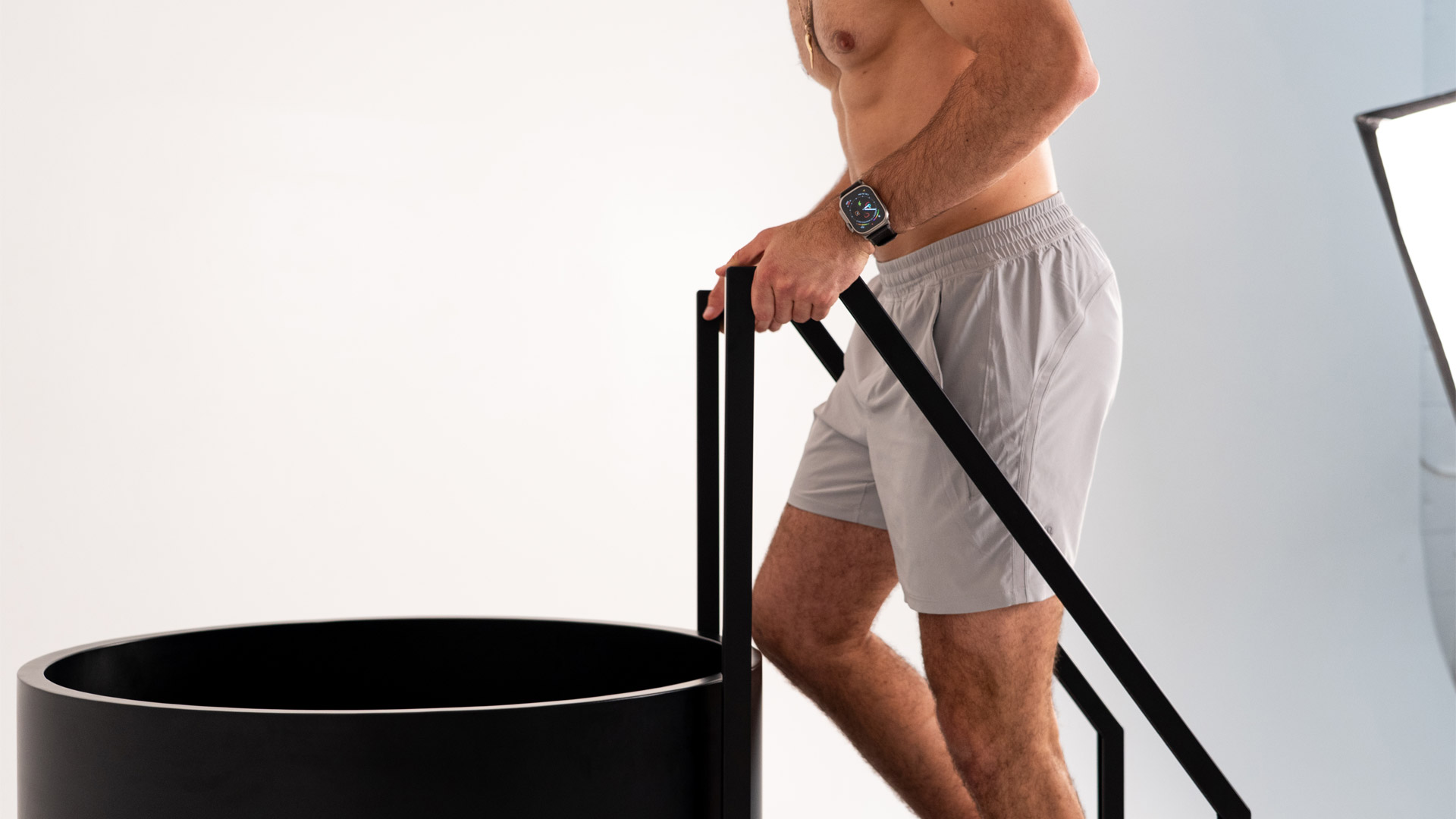
By Elisa Edelstein
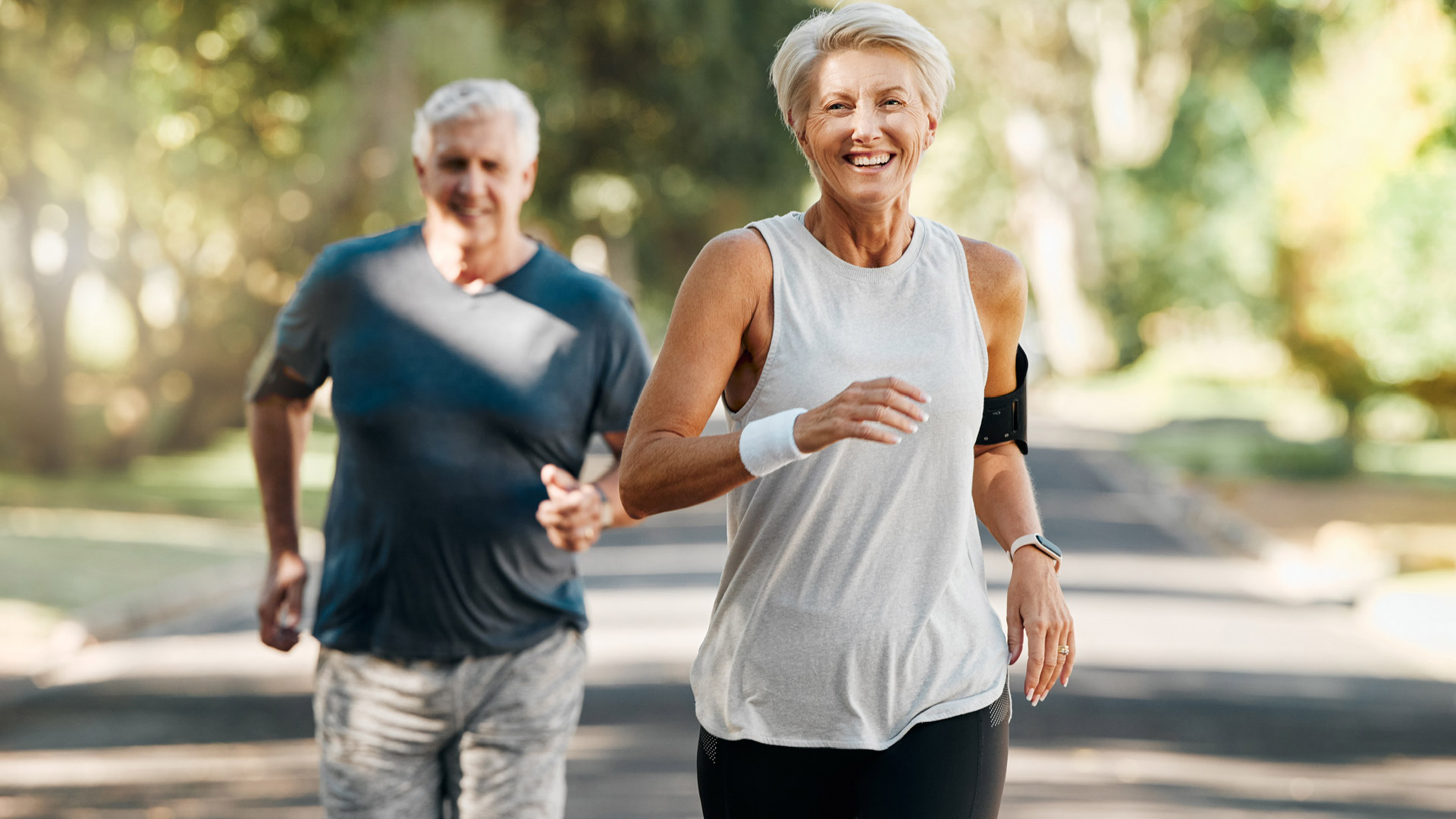
By Robert James Rivera
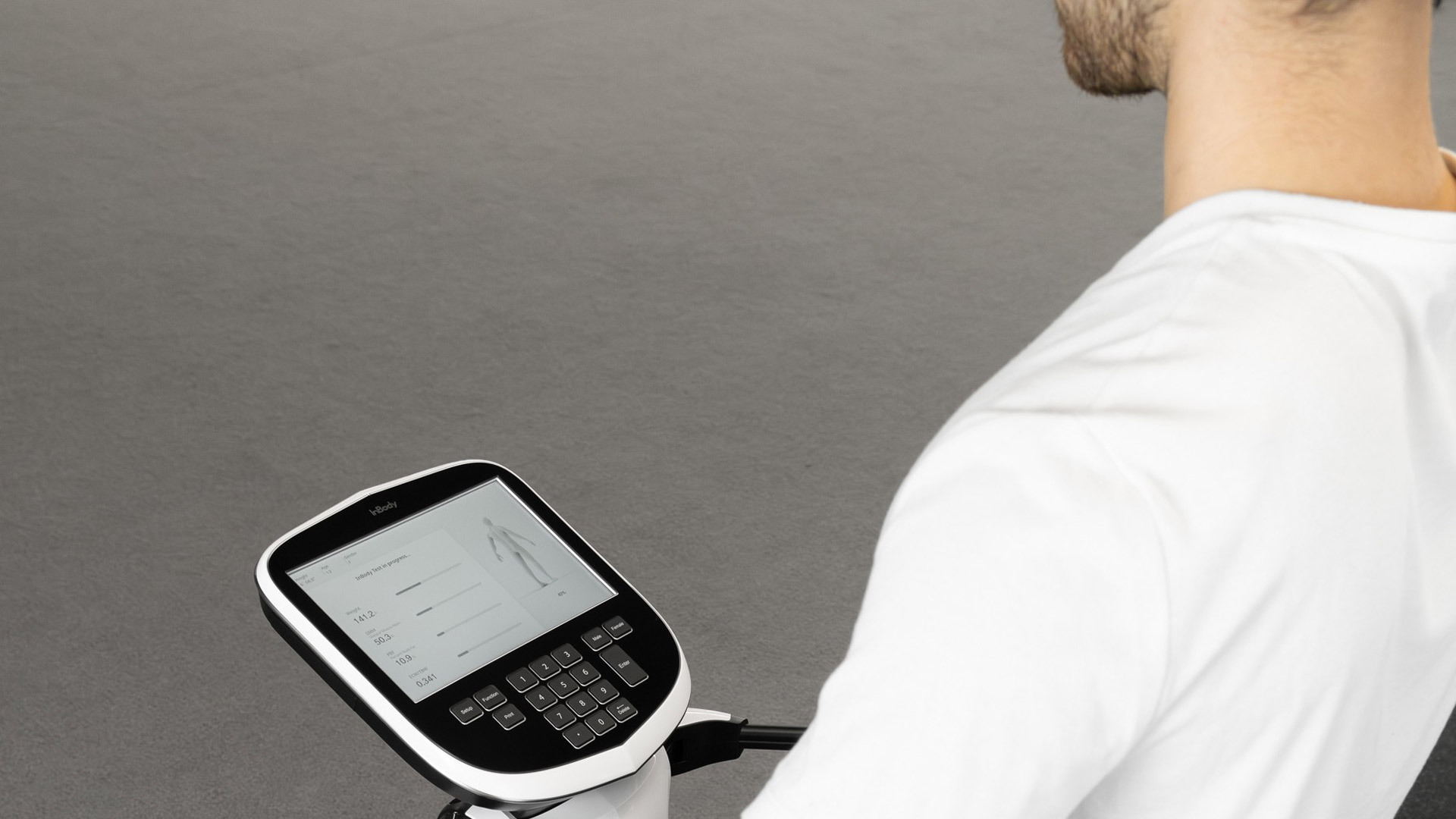
By Elisa Edelstein
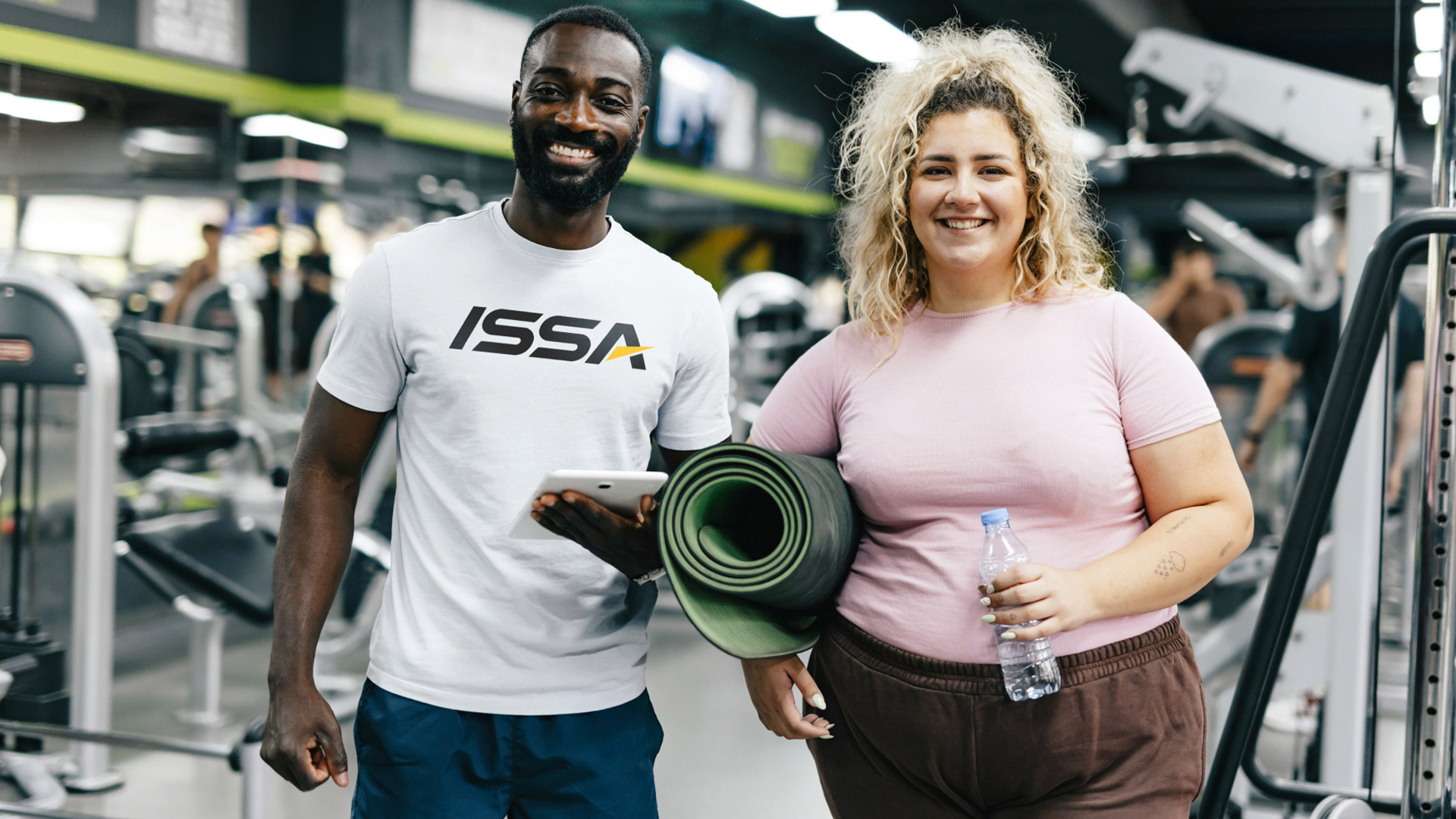
By Robert James Rivera
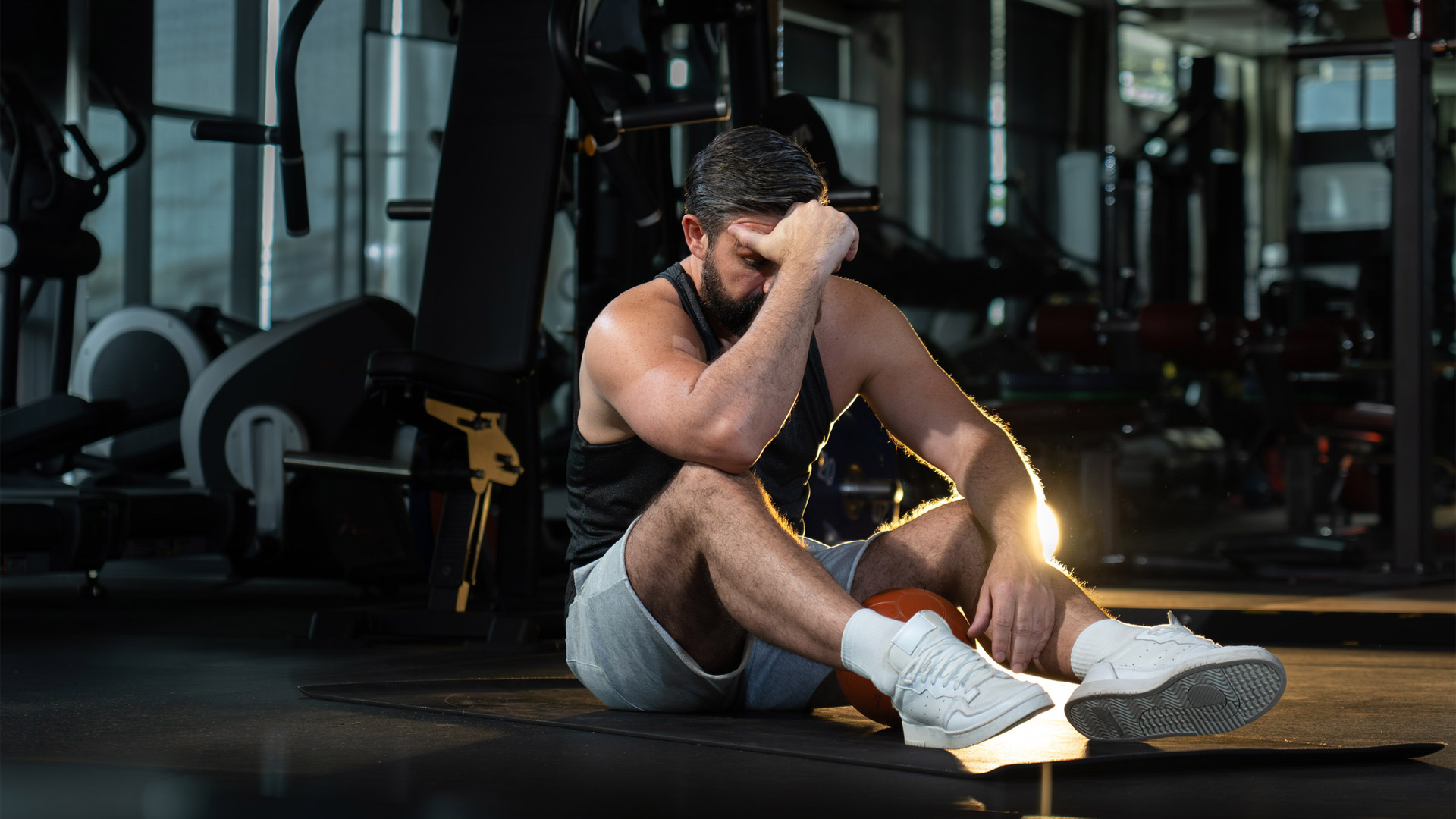
By Rachel MacPherson
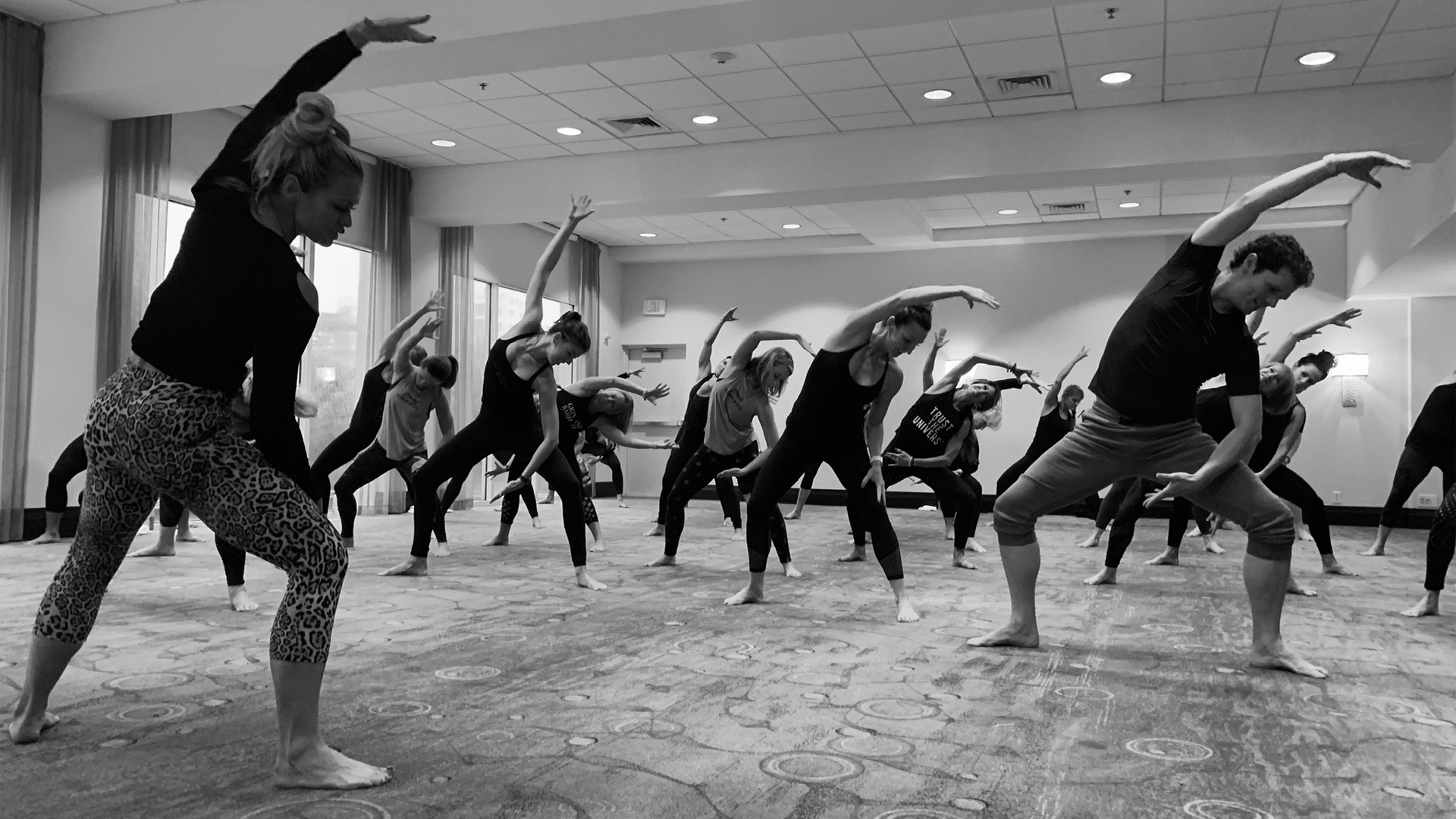
By Elisa Edelstein

Powering the Business of Health, Fitness, and Wellness Coaching
